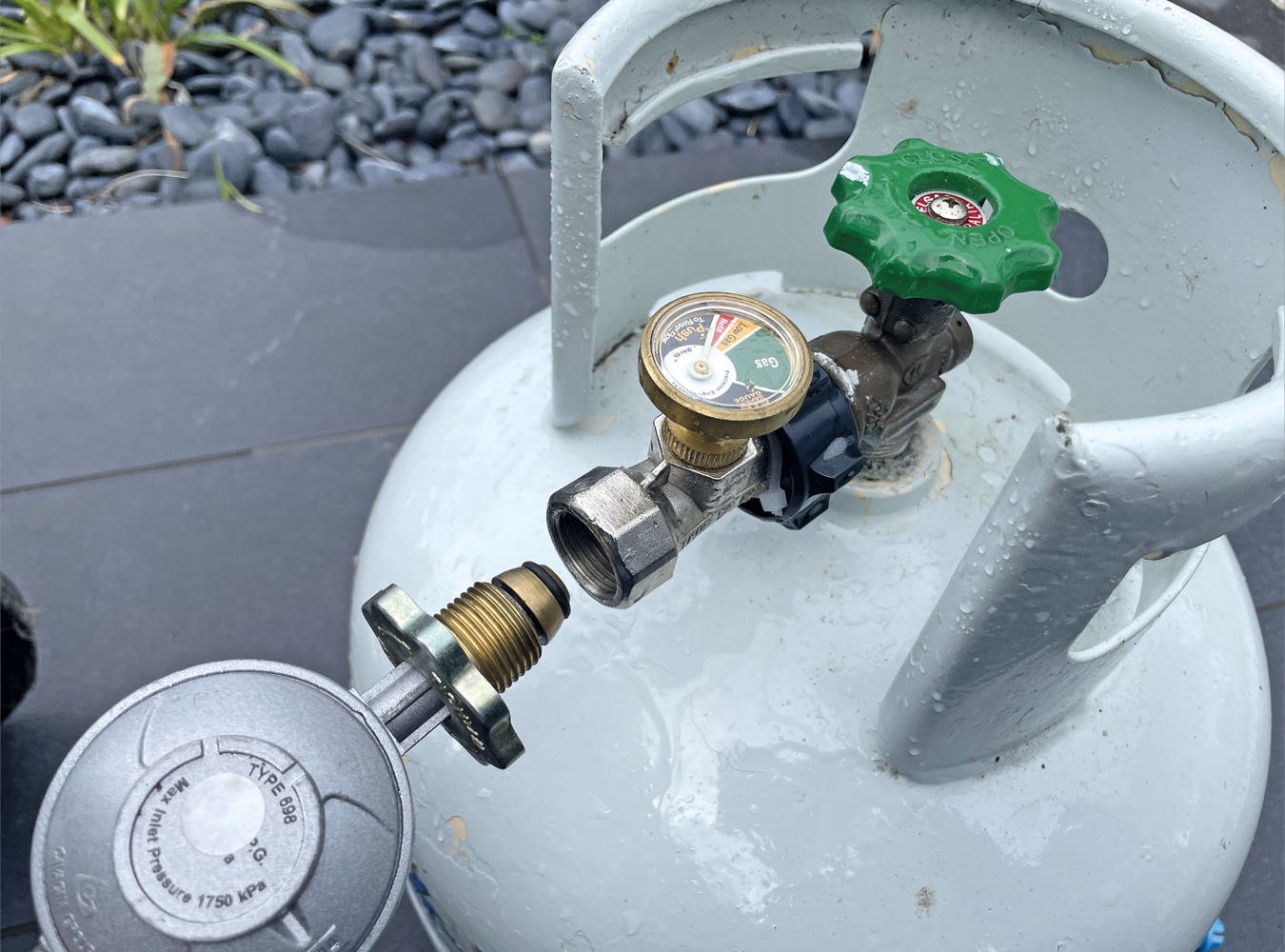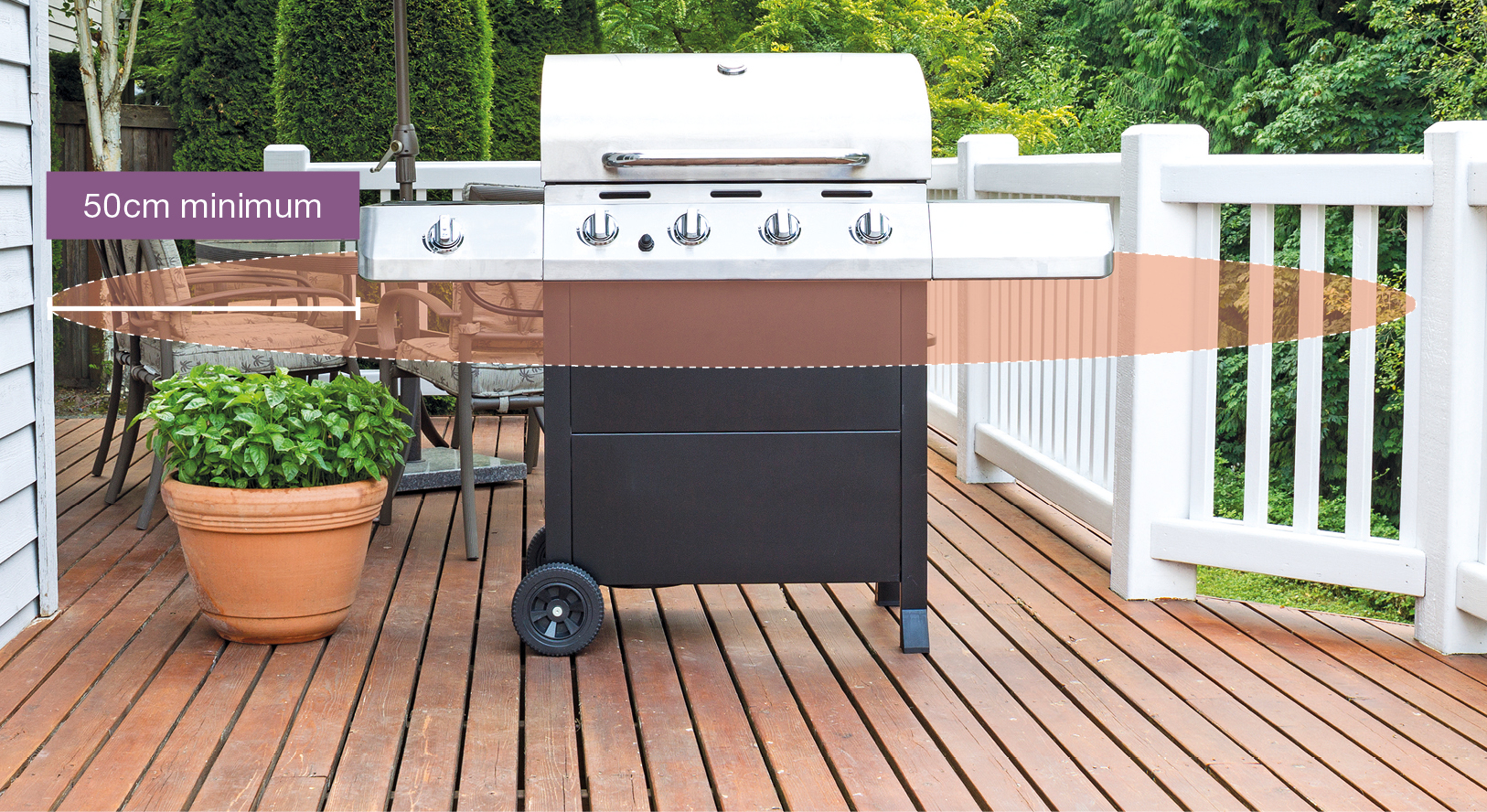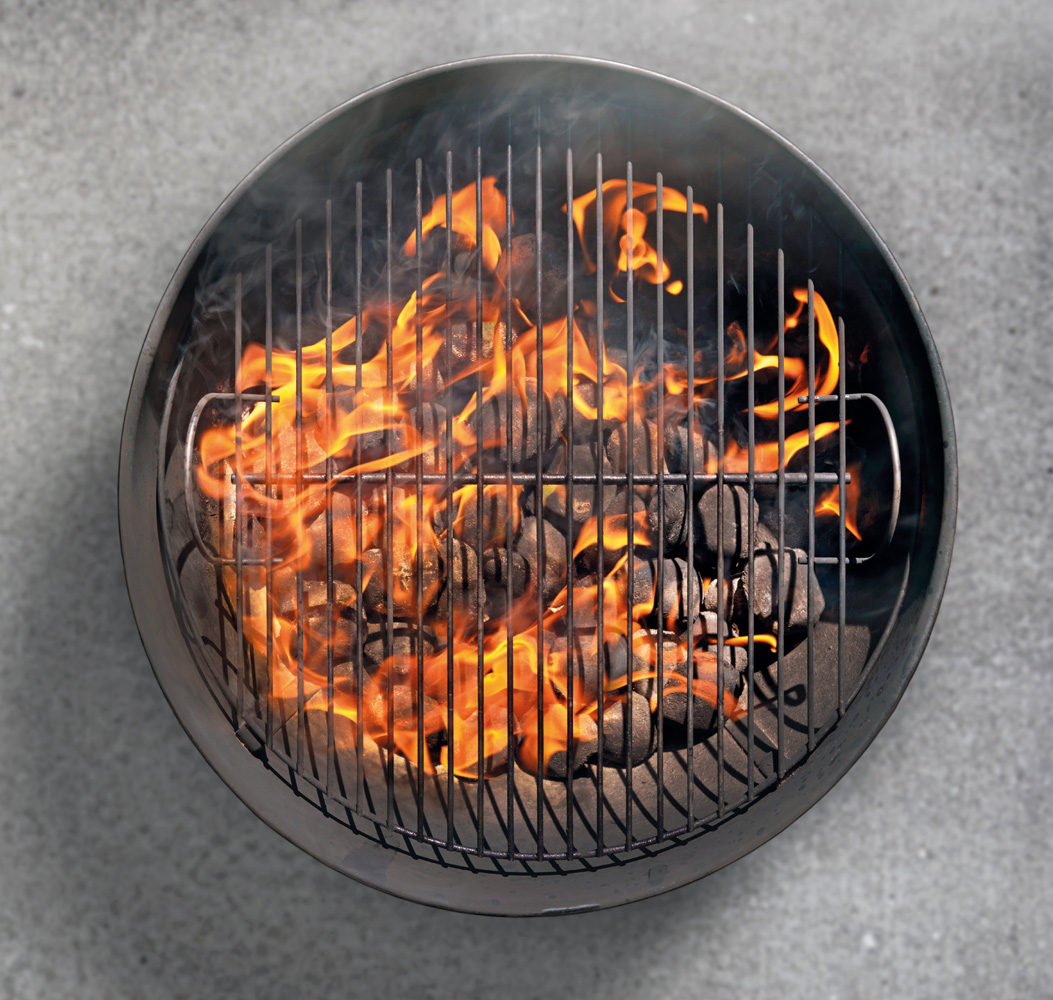BBQs and outside the home
Fire pits, barbecues, outdoor ovens and outdoor fires can be dangerous if not used correctly. Fires can grow quickly due to the presence of items like gas cylinders, petrol cans and other chemicals.
There are simple actions you can take to reduce the risk of fire when using a fire pit or other outdoor fire:
- Fire pits and other outdoor fires should be kept CLEAR of structures or foliage for a distance of 3 metres. DO NOT place on a flammable surface
- Always have water or a fire extinguisher ready to put out accidental fires
- Completely PUT OUT fire pits and other outdoor fires when you are finished. Soak it. Stir it. Soak it again
- Always have a responsible adult WATCH and control the fire. Only burn clean, dry, well-seasoned wood
- Always WATCH children and pets around a fire pit
- MONITOR the weather and conditions. DO NOT use a fire pit or other outdoor fire if there is a Total Fire Ban. (Go to fire.tas.gov.au for information on Total Fire Bans and other fire restrictions)
- REMOVE DEBRIS from the last fire before starting a new fire
- NEVER use outdoor cooking equipment inside your home.
Store flammable liquids, such as petrol, in a garage or shed in a sealed container designed for that purpose. Keep out of reach of children and away from ignition sources.
Check your gas cylinder, hose and regulator to help prevent a gas fire
Before using your BBQ check the following:
Gas cylinder
Check that it is not damaged and in date. Cylinders require to be re-tested every 10 years.
Condition of the o-ring, bull nose ring
This is the rubber seal on the regulator that screws into the gas cylinder. If it is perished, cracked, hard or missing have it replaced before use!
Ensure the gas hose attached to the BBQ is not damaged, and that connections are tight. Check for leaks with soapy water. Aways turn off gas at the cylinder when not in use.

Only use BBQs outdoors and maintain a distance of at least 50cm from all walls or fences. Never leave cooking unattended.

Gas leaks
It is important to regularly leak test your BBQ gas cylinder, regulator and hose. Leaks from these items are frequently the cause of BBQ gas fires.
How to test: Fill a spray bottle with soapy water. Turn on the gas cylinder without turning on the BBQ. Next, spray the entire valve, regulator and hose assembly with the soapy water. Bubbles will form if there is a gas leak and you may also smell gas.
If you see soap bubbles coming from any part or smell gas at any stage turn off the cylinder immediately and have the problem fixed before using the appliance.
Usage
Only use BBQs outdoors and maintain a distance of at least 50 cm from all walls or fences. Never leave cooking unattended.
Cylinders used for household purposes must not be filled with automotive LPG (Autogas).
Never use LPG indoors or in a confined space.
Do not connect or disconnect cylinders in the vicinity of a naked flame.
Do not use LPG in windy conditions i.e. more than 10km per hour.
Do not use undue force to open or close the main cylinder valve. If in doubt, consult the supplier.
Shut off the cylinder valve before disconnecting the bottle from the BBQ.
Always keep cool and away from flames, sparks and heat.
When operating your gas bottle, always read the manufacturer’s operating instructions.
Storage
Cylinders should be stored outside in a well ventilated area, be carried and stored upright at all times.
Do not store or use petrol, flammable liquids or aerosols near LPG cylinders.
Ensure valves are turned off firmly when not in use.
Pressure relief valves should face away from dwellings and combustible materials where possible.
Transport
When transporting cylinders in the car the total capacity must not exceed 9kg. The cylinders should be transported in an upright position, secured, preferably in the boot.
Do not leave LPG bottles in a vehicle unnecessarily.
No more than two cylinders should be carried in a car at any one time.
Maintenance
Your gas cylinder is required to be re-tested and stamped every 10 years.
Never use a naked flame to detect a leak. To check for gas leakage, spray soapy water on any suspect connection or hose and watch for bubbles. If in doubt, turn off the gas and have a licensed gas fitter attend to the hose or connection.
Do not attempt to refill dented or corroded cylinders. They must be returned to a test station for
re-certification.
Never tamper with the safety valve or other gas bottle fittings.
For more information, visit:
www.choice.com.au/outdoor/outdoor-entertaining/barbecues/articles/how-to-barbecue-safely
REMEMBER Be safe not sorry. If you detect a strong smell of gas, call Triple Zero (000) and ask for the fire service.
Hot tips
- Regularly clean your BBQ of grease and fat build-up, including the drip tray.
- DO NOT use a barbecue inside your home, garage or other enclosed areas due to the potential build-up of harmful smoke and fumes.
- If you no longer require chemicals, dispose of them correctly and safely.
